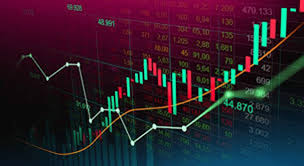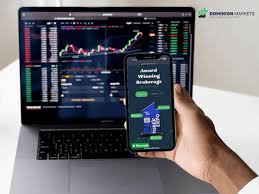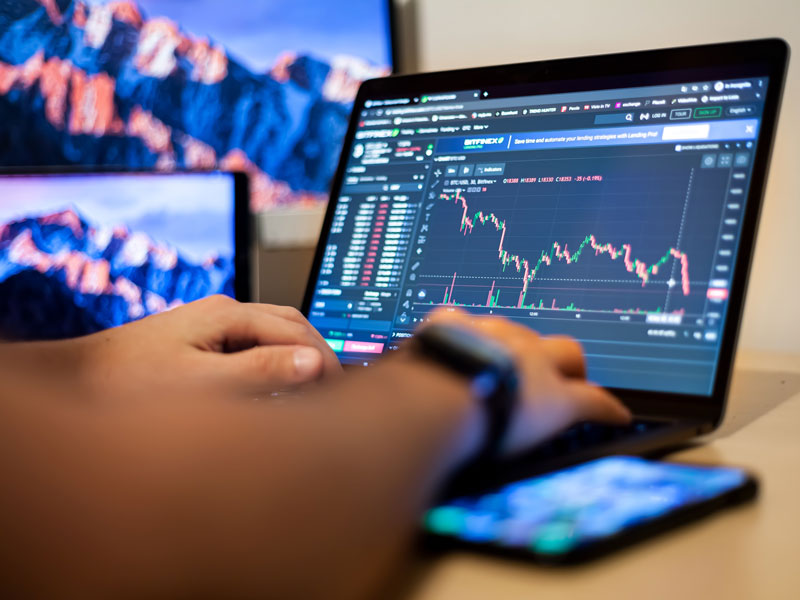
Learn Forex Trading: Your Path to Financial Independence
Forex trading, also known as foreign exchange trading or currency trading, is the process of exchanging one currency for another. It’s one of the largest financial markets in the world, with a daily trading volume exceeding $6 trillion. Understanding how to navigate this complex market is crucial for anyone looking to leverage the opportunities it presents. In this guide, we will explore the essential aspects of forex trading to help you on your journey to becoming a successful trader. We’ll cover key concepts, strategies, and resources, including platforms like learn forex trading Trading Broker ZA, which can be beneficial for your trading experience.
Understanding the Forex Market
The forex market operates 24 hours a day, five days a week, making it accessible for traders around the globe. Unlike the stock market, forex trading is decentralized, meaning transactions occur directly between parties via electronic communications networks. Currencies are traded in pairs (e.g., EUR/USD), with one currency’s value relative to another being determined by various factors, including economic data, geopolitical events, and market sentiment.
Key Terminology
Before diving into trading, it’s important to familiarize yourself with some key terms:
- Pip: A pip is the smallest price move that a given exchange rate can make based on market convention. It is usually the fourth decimal place (e.g., in EUR/USD, a move from 1.1000 to 1.1001 is one pip).
- Leverage: Leverage allows traders to control larger positions with a smaller amount of capital, effectively increasing potential profits but also the risk of significant losses.
- Spread: The spread is the difference between the bid price (what you receive when selling) and the ask price (what you pay when buying). Lower spreads are generally more favorable for traders.
- Lot Size: Forex is traded in specific sizes called lots. A standard lot is 100,000 units of currency, while a mini lot is 10,000, and a micro lot is 1,000.
The Importance of Analysis
Successful forex trading relies heavily on market analysis, which can be categorized into two primary types:
Fundamental Analysis
This analysis involves examining economic indicators, news events, and geopolitical developments that may impact currency values. Some critical indicators include:

- Gross Domestic Product (GDP): A growing economy often boosts a currency’s value.
- Interest Rates: Higher interest rates can attract foreign capital and increase a currency’s value.
- Employment Data: Employment rates can indicate the health of an economy.
Technical Analysis
Technical analysis involves studying price charts and patterns to predict future price movements. Traders rely on various indicators, such as:
- Moving Averages: These smooth out price data to identify trends.
- Relative Strength Index (RSI): This momentum oscillator measures the speed and change of price movements.
- Support and Resistance Levels: These are critical levels where prices tend to reverse or experience significant price action.
Developing Your Trading Strategy
Every successful trader has a well-defined trading strategy. Here are some elements to consider when developing your own:
1. Define Your Goals
Are you trading for short-term profits or long-term investment? Knowing your goals will influence your approach.
2. Choose a Trading Style
There are several trading styles, including:

- Scalping: Short-term trades aimed at small profits.
- Day Trading: Buying and selling currencies within the same day.
- Swing Trading: Holding positions for several days or weeks to benefit from price swings.
3. Risk Management
Proper risk management is crucial to prolong your trading career. Consider setting stop-loss orders to limit potential losses and only risk a small percentage of your trading capital on any single trade.
Choosing a Forex Broker
Selecting the right broker can significantly impact your trading experience. Consider the following factors:
- Regulation: Ensure the broker is regulated by a reputable authority.
- Trading Platform: The platform should offer an intuitive interface, advanced charting tools, and a demo account for practice.
- Customer Support: Responsive customer support can help you solve issues quickly.
The Importance of Continuous Learning
The forex market is dynamic, meaning traders must continuously update their knowledge and skills. Several resources can assist you in this ongoing journey:
- Online Courses: Numerous platforms offer comprehensive forex trading courses.
- Webinars and Workshops: Many brokers and financial institutions provide live training sessions.
- Trading Journals: Keeping a journal of your trades can help you analyze your performance and refine your strategies.
Conclusion
Forex trading offers vast potential for growth and financial independence. By understanding the market, developing a robust trading strategy, and continually improving your skills, you can enhance your chances of success. Remember that trading is not a guaranteed way to make money, and it involves significant risk. However, with the right mindset and dedication, you can navigate the forex market effectively and work towards achieving your financial goals.